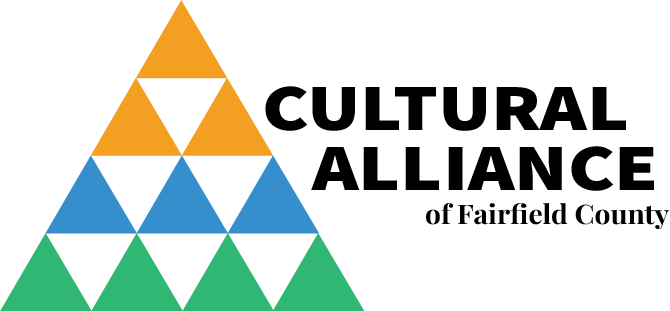Quarterly Meetings
Roundtables
Large Convenings
Workshops
Collaborative Workshops
Communities of Practice
ACE Awards
On-going Programs & Communities of Practice
Collective Action For Equity (CAFE)
The Collective Action for Equity is a Community of Practice that includes workshops, public conversations, and working sessions designed for CAFC member artists, organizations, their staff and board members, who have committed to undertake specific action(s) against racism and inequity.
Formerly known as CAARI: Collective Action Against Racism & Inequality, this initiative was created by CAFC with direct input and feedback from our members, to respond collectively and meaningfully to racism, racial violence, and the ramifications of bias in our individual and organizational lives.
The Cultural Alliance of Fairfield County is very grateful to the Lundberg Family Foundation for its support, and to funds from the Connecticut Office of the Arts that were able to be used to make this important initiative possible. CAFE RESOURCES
The Funding Booster program is designed to help all grant writers, from beginners to seasoned veterans, learn new skills, and burnish old ones, in order to be as successful as possible in all their grant writing ambitions. meetings the first Wednesday of each month with development consultant Jessica Morozowich, who reviews current grants opportunities, answers questions, and offers one-on-one consultations with individual. The program is free and open to all members.
The Data Task Force began in January 2022 in response to members’ concerns about funders’ increasing demands for data that didn’t necessarily correspond with organizations’ own data needs. The three initial objectives of the group were: to educate ourselves about data – useful for funders and the group; to find a shareable software data collection tool that is flexible/modular and can allow us to gather and present data in as unified but flexible a way as possible.; to find professional assistance – a consultant to assist us in understanding, interpreting, and presenting the data we have. The group has met 12 times on Zoom, including meeting with Liz Shapiro (CT Office of Arts) and Scott Wands (CT Humanities), and has had two demonstrations of the Apricot data collection software. These meetings will continue as needed.
